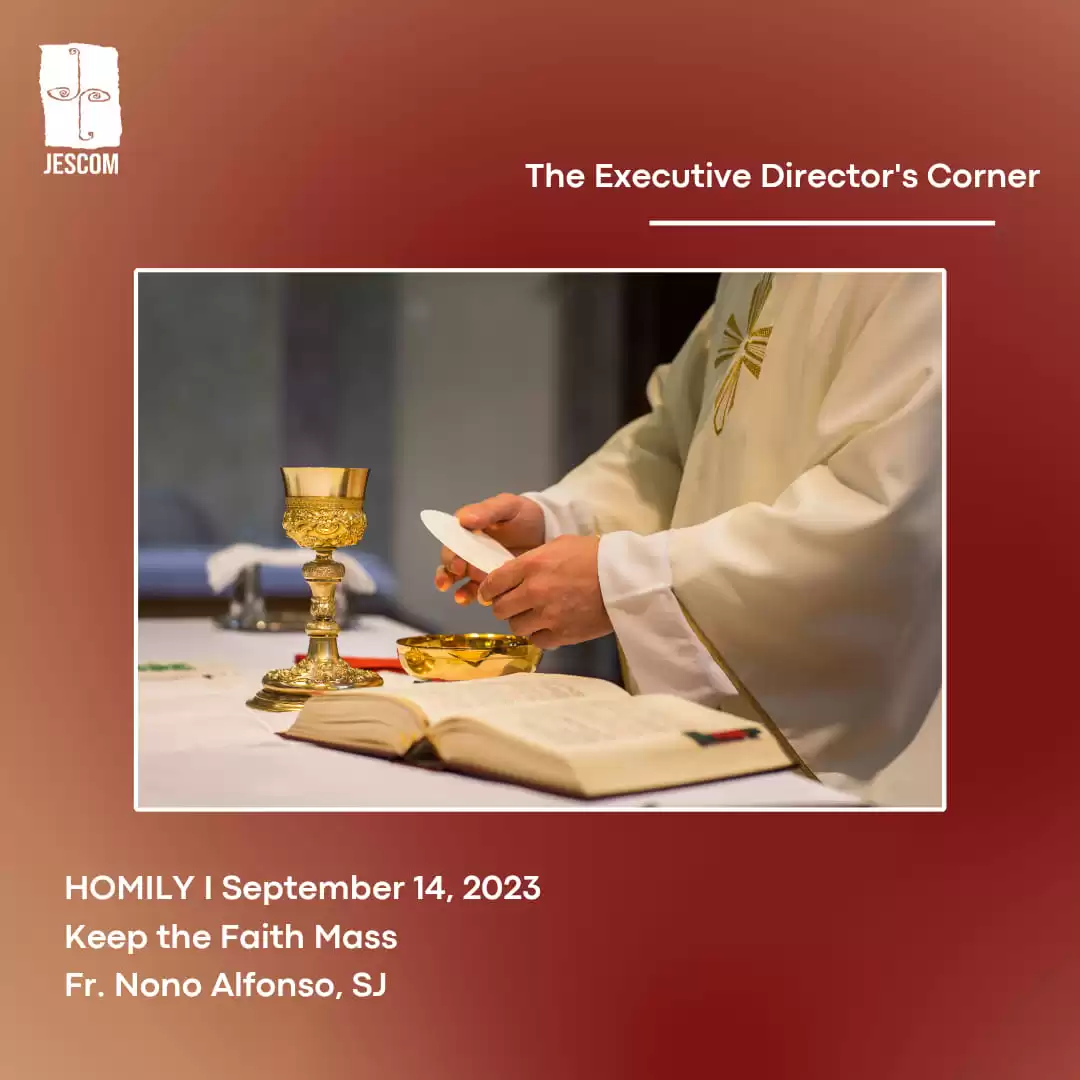
There’s a viral quote from the Hollywood actress, Angelina Jolie. She says: “I have never understood why some people are lucky enough to be born with the chance that I had to have this path in life, and why somewhere across the world, there’s a woman just like me, same abilities and the same desires and the same work ethic and love for her family, who would most likely make better films and make better speeches, only she sits in a refugee camp, and she has no voice. She worries about what her children will eat, how to keep them safe, and if they’ll ever be allowed to return home. I don’t know why this is my life and that’s hers. I don’t understand that. But I will do as my mother asked and I will do the best I can with this life, to be of use….”
Miss Jolie, of course, made this statement as a UN goodwill ambassador for more than a decade and this work brought her face to face with the sufferings of this world. That statement however expresses poignantly one of the great mysteries of the Cross. Why do some people suffer more than others? Why do some crosses or burdens or sufferings lighter than others? Have you asked that question?
A Jesuit friend of mine was asking me that question. His brother, a good friend of mine too, is in the hospital right now with stage four cancer. His wife was battling cancer for the past decade and by a cruel twist of fate, it seems, now it’s his turn? There are of course worse fates than this. But is it really good to compare? My cross is heavier than yours. Maybe not, but we have to acknowledge that as truthful and not deny it. The mystery is that there seems, for lack of a better phrase, to be an inequality in the weight of the crosses given us. If you doubt that, all you need to do is to go to the Nazi concentration camp in Auschwitz or the war museums in Cambodia or Japan.
History bears, some, or millions of people did suffer more than others. Indeed, some crosses are heavier than others. Why is this the case? Is God unfair? I am not a professional theologian but I will hazard an answer, as a priest. Yes, some crosses are heavier but that is because crosses are meant to be shared. Let me repeat that. Crosses are meant to be shared. With the more fortunate ones helping those who carry heavier burdens. That is how it was meant to be. That is what it means to be a community, a church, a family. That is what love ultimately means.I was in Australia for seven months for my tertianship. The Jesuits there are involved in empowering the aboriginals or the first Australians who in the history of the country had been discriminated against, massacred, and displaced. It had been a heavy cross indeed. But in 1967, they were finally recognized as citizens. Now in a scheduled referendum in October, they are fighting for a Voice or a representation in their constitutions. But who helped them get to this point for the last 100 years—yes, aboriginal activists but ordinary Australian citizens as well, including our Jesuits there.
Crosses are meant to be shared. As we say, even Jesus needed Simon of Cyrene to carry his cross. And even the repentant thief lifted his sagging spirit on the cross. But of course, as our favorite Gospel passage today tells us—god so loved the world, he gave his son, to save them all. Which is to say that humanity was on a vicious downward spiral, until God decided to share our burden, our suffering, our cross.
Crosses are meant to be shared. So on this feast of the exultation of the cross, my dear friends, perhaps we can ask ourselves, is your cross heavy? Have you asked others or even God to share the burden? Or we can also ask: what have you done, what are you doing to lift the burdens of so many people around you who are overwhelmed by the crosses they bear. May we share our crosses, and by that sharing lift up each other. Amen.